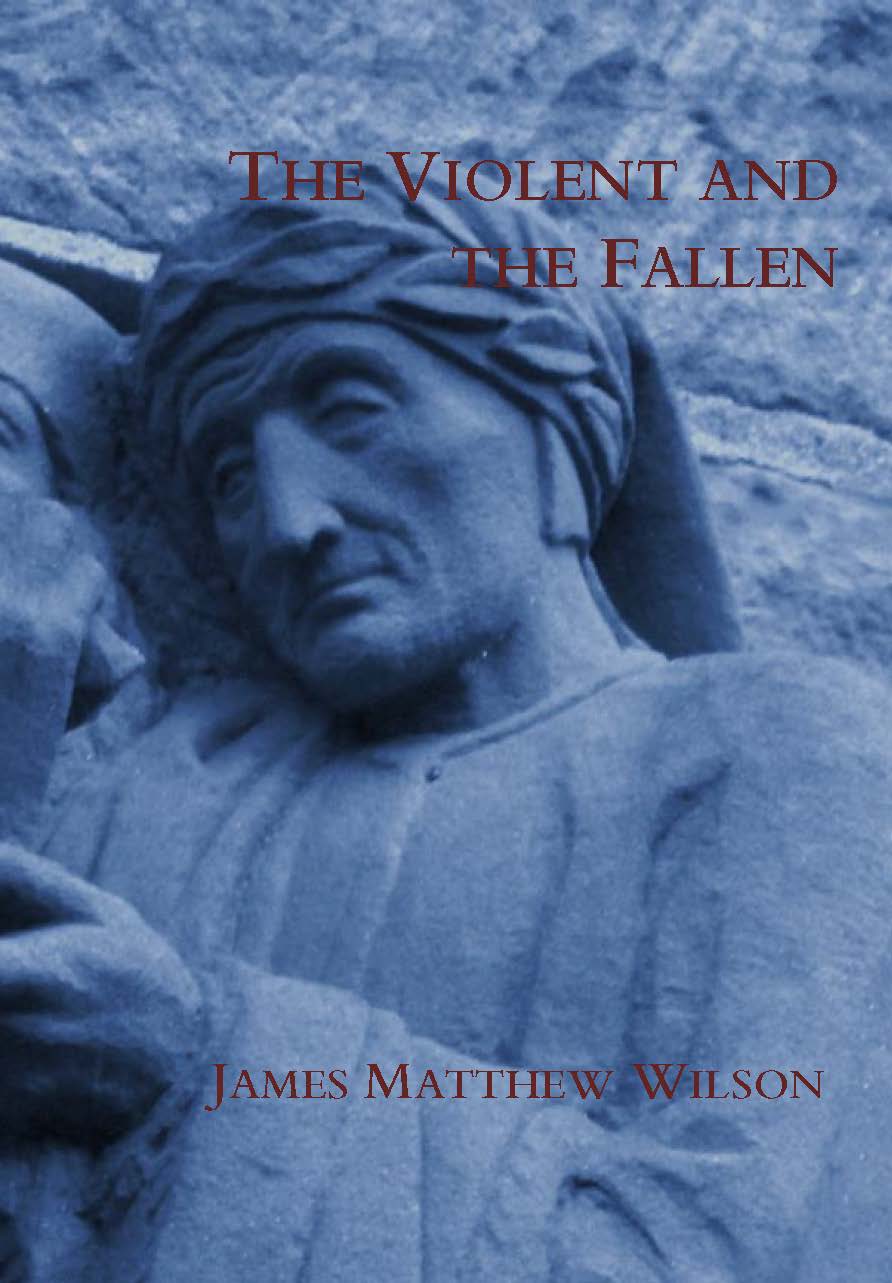Berwyn, PA. The Fine Delight Interview Series with Catholic authors, conducted by the author of the book of the same name, Nick Ripatrazone, has just posted its latest interview — with me, your humble author. In it, I discuss verse, Catholicism, fatherhood, the theology of the body, and a number of other matters poetic, aesthetic, and ethical. You can read the whole interview here.
In response to one question, about Dana Gioia’s new book, The Catholic Writer Today, I get to dilate on the barbarism of the contemporary academy and of much of contemporary art:
As a literary critic, I find the way literature is written and discussed in our day to be barbaric. “Advanced” writing is almost invariably ugly and nihilistic, as it perhaps inevitably must be if its writers can trust in neither the integrity of story-telling to get at the truth nor of artistic form to manifest beauty. Most critics corroborate this doubt by depredating art for the advancement of one form of identity politics or another; they act as if to say “all literature has designs on its reader” were all that needed to be said, and to say it is to liberate us. The point was never even in question: of course literature has designs on us. What we need to know is whether those designs will bring us into the presence of truth and beauty or not. But a critic needs to know what truth and beauty are in order to make that judgment.
Truth and beauty are real whether one believes in them or not, of course, but sophistication in our day seems to consist merely in the violent denial of these things, a petulant irritation at their persistence despite our all being too smart to believe in them. Dana’s call is primarily one that asks us to accept that, if a morbid vacuity is going to remain for the time being the dominant sensibility of artists and writers, a profound metaphysical realism and penetrating Christian vision ought also to be afforded a place.
The main subject of the interview is, of course, my new book of poems, from which I gave a reading, a somewhat scattered reading, one snowy afternoon at Villanova not too long ago, and which you may order here, or by writing to fourverseletters@gmail.com.




